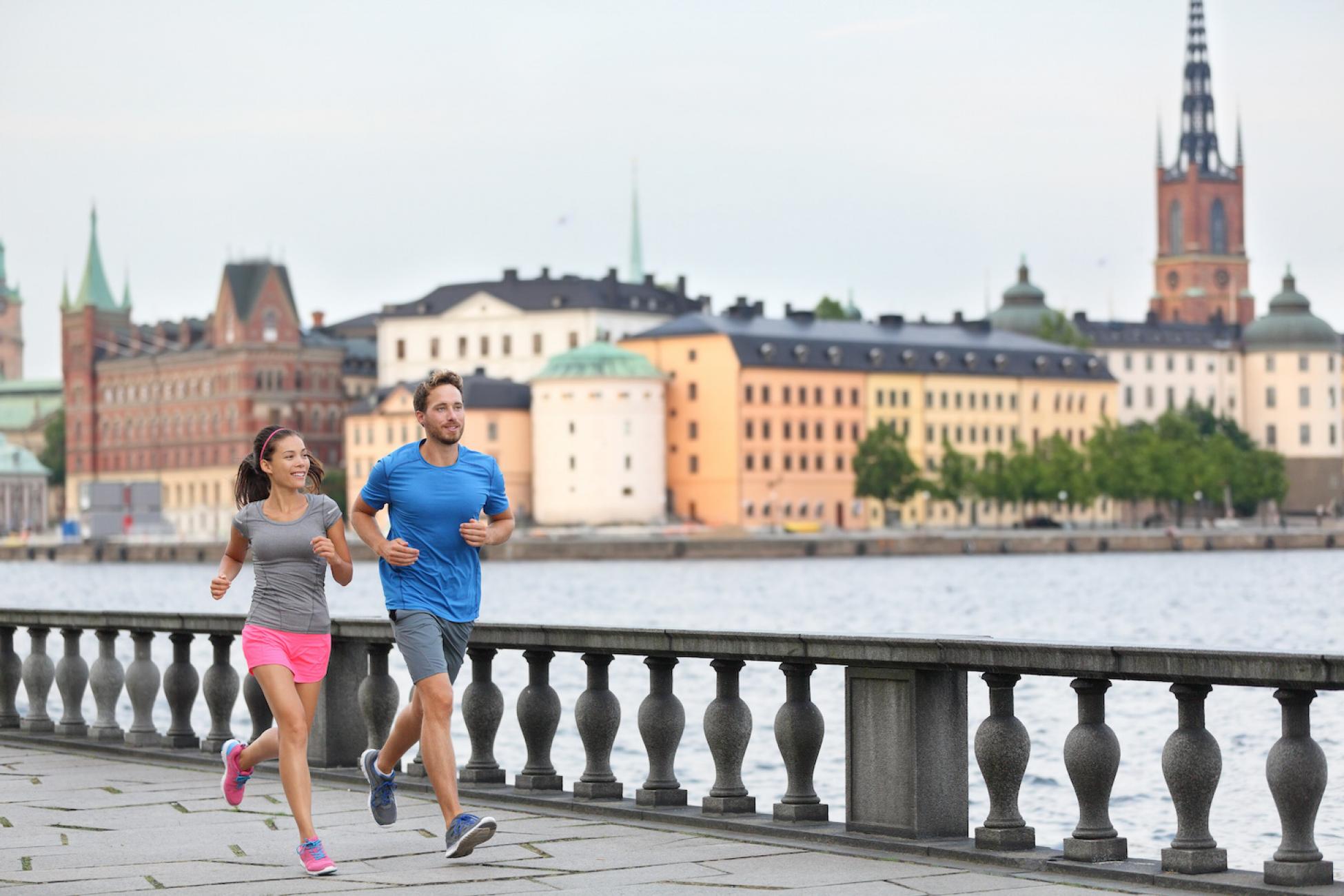So you found the perfect volunteer abroad opportunity or got a job tutoring English to foreign movie stars. You have your passport, visa, all your vaccinations, matching luggage and you’re ready to go. Right?
Not so fast.
Unfortunately, the “foreign 15” can happen just as easily as the “freshman 15,” and that’s not what you meant when you told people you hope to “grow as a person” while overseas.
Have you given any thought as to how you will stay fit during your foreign foray?
A prescription for expats
Moving to a new country can be overwhelming, especially during the first year. Your normal routine has vanished, and you need to establish a new one quickly. The problem is that mere survival can be exhausting. Even thinking about exercise can seem like jet lag-induced insanity.
In fact, expats experience “extraordinarily high stress.” That was a conclusion of a 2011 study, The Mental Health Status of Expatriate versus U.S. Domestic Workers: A Comparative Study. Researchers found that compared to their home country counterparts, expats are at a higher risk for substance abuse, job dissatisfaction and a wide variety of social and emotional problems.
What’s the easiest taste of home to find abroad? Yup: Junk food. Fast food, chips, candy and cola are usually available to take the edge off of culture shock, but also tend to pack on the pounds.
That’s not healthy. Toss in a bit of homesickness and you will probably start yearning for certain comfort foods pretty fast. When I was teaching in Cameroon, I compiled a list of over 100 longed-for foods.
But, what’s almost always the easiest taste of home to find abroad? Yup: Junk food. Fast food, chips, candy, cola (Coke got to wherever you are going long before you) and assorted carbs are usually available to help take the edge off of culture shock, but also tend to pack on the pounds.
If you are a new overseas worker or are soon to become one, the implications should not be ignored. A well thought-out coping strategy is crucial for your short-term and long-term health. Exercise won't fix everything, but if it's an integral part of your self-care plan, your chances of thriving overseas will go up considerably.
Doing the heavy lifting
You’ve spent a lot of time researching your new position abroad (or at least you should have). It’s worth figuring out the foreign fitness situation, too. Moving overseas to experience new things can include having a new exercise experience, too—think of it as an entry point for learning about the culture.
And when there’s language or cultural barriers, it’s easier to develop new relationships through a mutual activity. That was the experience of Josh Moffit, an American working for a non-profit in Asia. He’s found that exercise has helped him connect with people in his new home.
“As an expat, I've found exercise to be an important part of my routine, though it doesn't come naturally to me,” he says.
What you do will likely depend greatly on your location. When I was volunteering in Austria, for example, I looked out my bedroom window and saw a ski area 100 metres away. When it wasn’t snowing, we ran up the mountain. When it was snowing, we went snowboarding.
Two important words there: “Location” and “We.” In Austria, “location” meant mountains. “We” meant other people, which meant group motivation. In other words, scout out locations and, if possible, find partners. On good exercise days, having partners makes it more fun. On bad days, it makes it bearable. And in some locations, because of safety considerations, having a partner makes it possible.
Toning up for a life abroad
In Africa, between long days of teaching, I hiked up hills to prepare for summiting Mt. Cameroon, the tallest mountain in West Africa. In Taiwan, I found a place to swim laps, often with a friend. In the Southeast Asian country where we now live, my wife discovered Muay Thai, through which she got bruises, took multiple trips to the chiropractor and made a lifelong friend.
Most cities abroad have websites for exercise group information. Start by checking out Meetup.com or worldwiderunning.com for ideas. The best way to find out what’s happening where you’re headed is to search online for your preferred sport and the destination country or city. You might find a group that does what you love. But, you also might find something you’ve never tried before, and learn to love it too.
Take a chance and become an exerciser abroad. You have nothing to lose—except maybe a few pounds.
Add this article to your reading list



